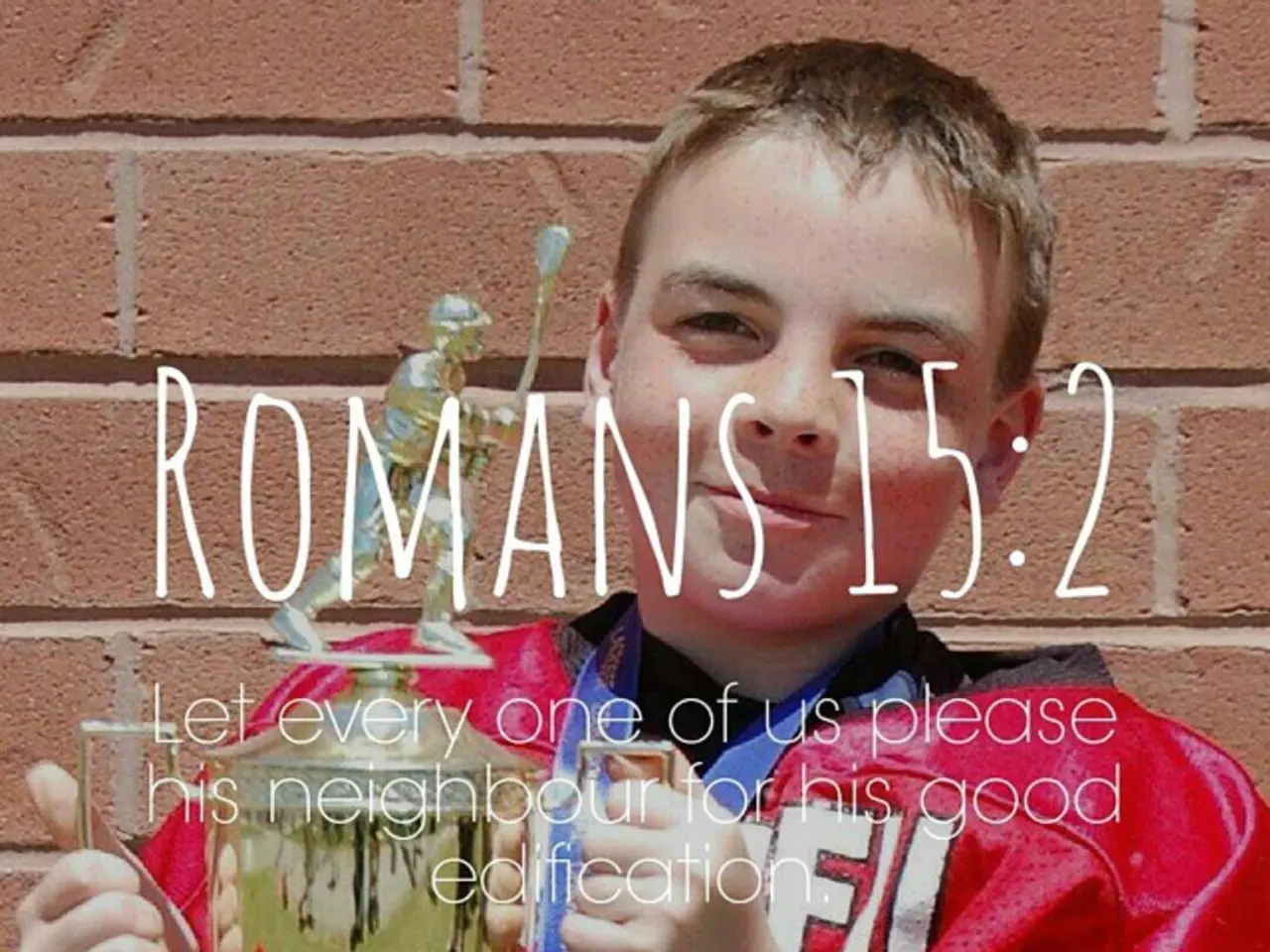'Memento Mori' Implies Reminder of Mortality, Provoking Reflection and Humility
In the realm of human emotions, few are as potent and intriguing as the fear of death, known as thanatophobia. This irrational dread can hinder one's ability to carry out normal daily activities, causing anxiety and distress.
However, contemplating mortality has been a powerful tool for self-awareness and spiritual growth throughout history. In the Christian tradition, a practice known as memento mori serves as a call to live with faith and humility. This phrase, which means "remember you must die," was particularly prevalent in monastic communities, where the focus was on living with a keen awareness of life's brevity.
Monks, for instance, the significant figure Saint Francis of Assisi, regularly contemplated death as a means to concentrate on higher truths. Saint Francis, renowned for his practice of memento mori, used this spiritual exercise to focus on the eternal and the divine.
One of the unique ways monks practiced memento mori was by keeping skulls in their quarters as a physical reminder of life's impermanence. This practice was not about despair but about deepening one's relationship with God. Saints and theologians often meditated on death to keep their focus on spiritual matters.
The philosophy of memento mori suggests that life's brevity is not something to be feared but something to be embraced. It encourages us to live each day with intention, mindful of our mortality and the importance of our actions.
In modern thought, the memento mori philosophy remains relevant. It serves as a reminder to live our lives with purpose, humility, and a focus on what truly matters. While thanatophobia can be debilitating, the memento mori philosophy offers a path towards overcoming this fear and finding peace with the inevitability of death.
In extreme cases, thanatophobia can manifest into long fits of anxiety where people imagine themselves or loved ones dying. However, by embracing the memento mori philosophy, one can transform this fear into a tool for self-awareness and spiritual growth.
In conclusion, the memento mori philosophy, with its roots in Christian tradition, continues to offer valuable insights for modern life. By remembering our mortality, we can live each day with intention, humility, and a focus on what truly matters.
Read also:
- Peptide YY (PYY): Exploring its Role in Appetite Suppression, Intestinal Health, and Cognitive Links
- Toddler Health: Rotavirus Signs, Origins, and Potential Complications
- Digestive issues and heart discomfort: Root causes and associated health conditions
- House Infernos: Deadly Hazards Surpassing the Flames








